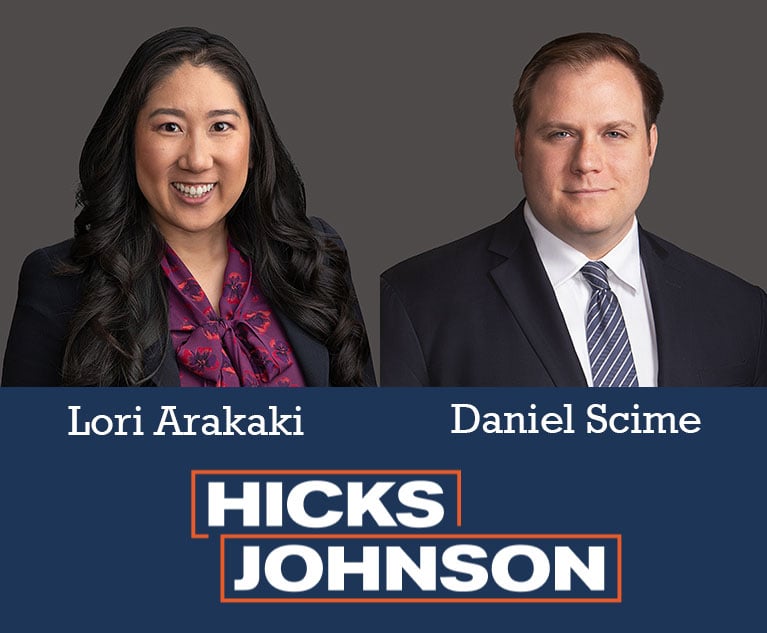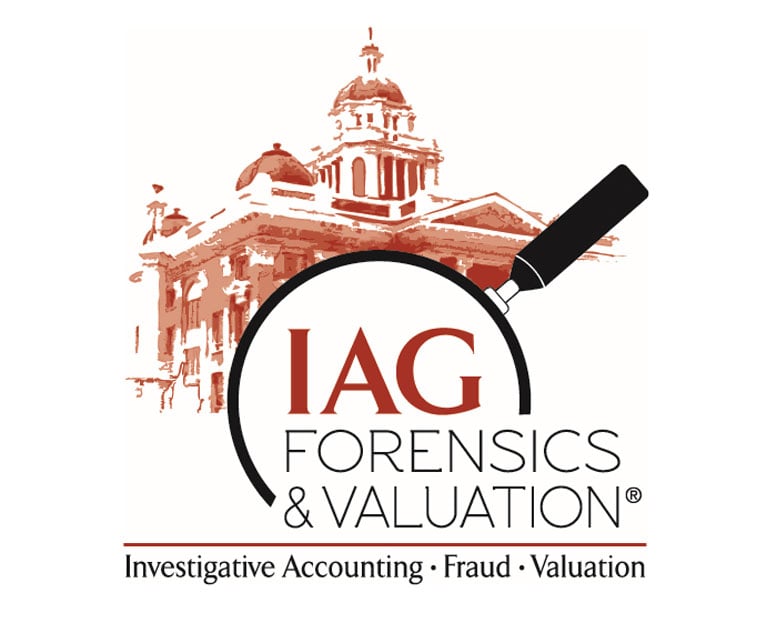10. Involve Your Client in Planning
A legal project should be a contact sport — the lawyer needs to involve the client. There are many decisions to make, but who owns which ones?
April 16, 2021 at 06:13 AM
2 minute read
The original version of this story was published on Lean Adviser
"A successful partnership is … like a well-coached soccer team, where each player knows their role and responsibilities, and where all players are focused on the ultimate goal. If our internal and outside counsel can work as a team whose skills and expertise complement, not compete, with each other, we are likely to reach our goal in an efficient, cost-effective manner. " — José Gonzalez, EVP& General Counsel, CNA, USA
A legal project should be a contact sport — the lawyer needs to involve the client. In this lesson we clarify the ground rules for that. There are many decisions to make, but who owns which ones? Maybe these are things we don't discuss enough. But when we do start to unpack this and set out some guidelines, we can see how important it is in obtaining the right outcome.
As we shall discuss, planning is the first stage of our four-stage structure and within the planning stage are six components. Planning should start and end with agreeing on an Anticipated Range of Outcomes with the client. The importance of the words "with the client" cannot be overstated.
The first thing the lawyer should do is understand the client's expectations (see Lesson 1:1 Meeting Client Expectations). If the client is a business owner, then this is a direct conversation. If the client has a legal department, then the point of contact with the client will be the general counsel or a team member. But the conversation is still essential. The lawyer needs to understand the expectations of the client, but we need to remember that the GC will want to manage the expectations of the board.
Work on desired outcomes and required resources should always be scoped jointly by the lawyer and client. But there is one subtlety. When it comes to desired outcomes, the client defines them and the lawyer considers whether to sign up, reposition expectations or decline. But with resources it is the opposite — the lawyer defines what is needed and the client considers whether to make the resources available, negotiate or decline.
NOT FOR REPRINT
© 2025 ALM Global, LLC, All Rights Reserved. Request academic re-use from www.copyright.com. All other uses, submit a request to [email protected]. For more information visit Asset & Logo Licensing.
You Might Like
View All
Longtime AOC Director Glenn Grant to Step Down, Assignment Judge to Take Over
4 minute read
Hours After Trump Takes Office, Democratic AGs Target Birthright Citizenship Order
4 minute read
Hicks Johnson Promotes Lori Arakaki and Daniel Scime to Firm Partnership
2 minute read
IAG Forensics & Valuation is excited to announce promotions at our firm effective 1/1/2025.
1 minute readTrending Stories
Who Got The Work
J. Brugh Lower of Gibbons has entered an appearance for industrial equipment supplier Devco Corporation in a pending trademark infringement lawsuit. The suit, accusing the defendant of selling knock-off Graco products, was filed Dec. 18 in New Jersey District Court by Rivkin Radler on behalf of Graco Inc. and Graco Minnesota. The case, assigned to U.S. District Judge Zahid N. Quraishi, is 3:24-cv-11294, Graco Inc. et al v. Devco Corporation.
Who Got The Work
Rebecca Maller-Stein and Kent A. Yalowitz of Arnold & Porter Kaye Scholer have entered their appearances for Hanaco Venture Capital and its executives, Lior Prosor and David Frankel, in a pending securities lawsuit. The action, filed on Dec. 24 in New York Southern District Court by Zell, Aron & Co. on behalf of Goldeneye Advisors, accuses the defendants of negligently and fraudulently managing the plaintiff's $1 million investment. The case, assigned to U.S. District Judge Vernon S. Broderick, is 1:24-cv-09918, Goldeneye Advisors, LLC v. Hanaco Venture Capital, Ltd. et al.
Who Got The Work
Attorneys from A&O Shearman has stepped in as defense counsel for Toronto-Dominion Bank and other defendants in a pending securities class action. The suit, filed Dec. 11 in New York Southern District Court by Bleichmar Fonti & Auld, accuses the defendants of concealing the bank's 'pervasive' deficiencies in regards to its compliance with the Bank Secrecy Act and the quality of its anti-money laundering controls. The case, assigned to U.S. District Judge Arun Subramanian, is 1:24-cv-09445, Gonzalez v. The Toronto-Dominion Bank et al.
Who Got The Work
Crown Castle International, a Pennsylvania company providing shared communications infrastructure, has turned to Luke D. Wolf of Gordon Rees Scully Mansukhani to fend off a pending breach-of-contract lawsuit. The court action, filed Nov. 25 in Michigan Eastern District Court by Hooper Hathaway PC on behalf of The Town Residences LLC, accuses Crown Castle of failing to transfer approximately $30,000 in utility payments from T-Mobile in breach of a roof-top lease and assignment agreement. The case, assigned to U.S. District Judge Susan K. Declercq, is 2:24-cv-13131, The Town Residences LLC v. T-Mobile US, Inc. et al.
Who Got The Work
Wilfred P. Coronato and Daniel M. Schwartz of McCarter & English have stepped in as defense counsel to Electrolux Home Products Inc. in a pending product liability lawsuit. The court action, filed Nov. 26 in New York Eastern District Court by Poulos Lopiccolo PC and Nagel Rice LLP on behalf of David Stern, alleges that the defendant's refrigerators’ drawers and shelving repeatedly break and fall apart within months after purchase. The case, assigned to U.S. District Judge Joan M. Azrack, is 2:24-cv-08204, Stern v. Electrolux Home Products, Inc.
Featured Firms
Law Offices of Gary Martin Hays & Associates, P.C.
(470) 294-1674
Law Offices of Mark E. Salomone
(857) 444-6468
Smith & Hassler
(713) 739-1250








